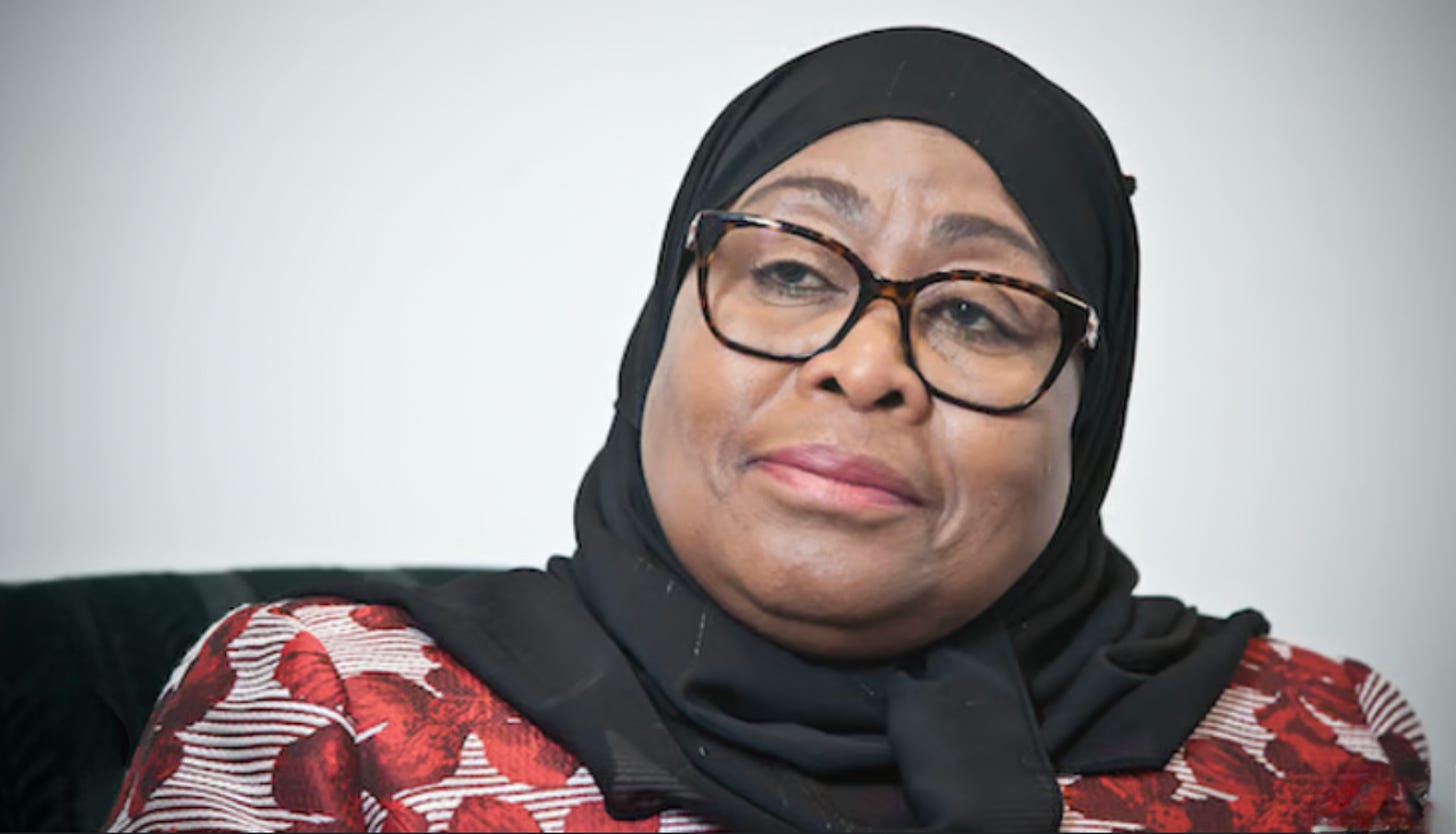Global Profile: Samia Suluhu Hassan, The President of Tanzania
The politics of rebuilding Tanzanian democracy by law, not revolution - A blueprint for America?
Serengeti National Park, Kilimanjaro, and Zanzibar are the most common associations Americans have with Tanzania. And let’s be honest, it’s not a country of great importance to the US strategically, economically, or geographically. But it is doing something unexpected, something the US would be wise to learn.
Tanzania shows that rebuilding democracy doe…



